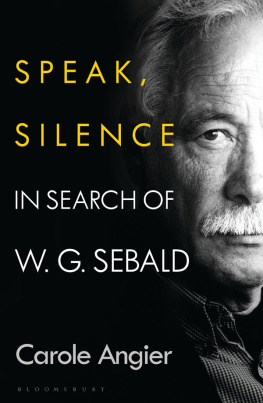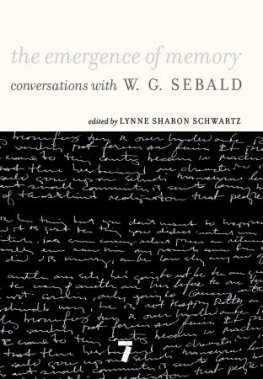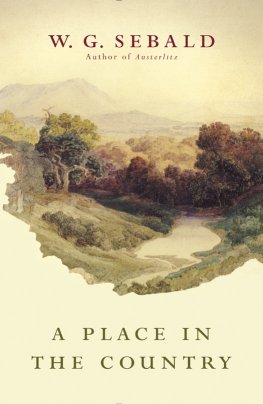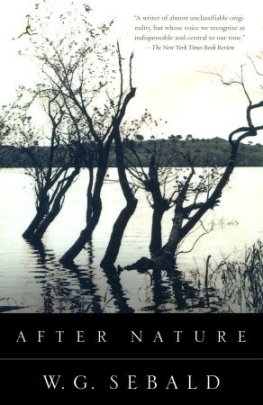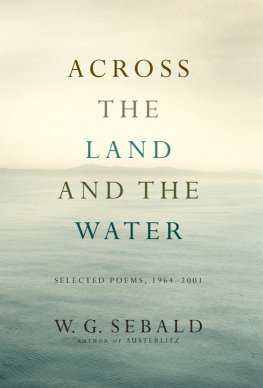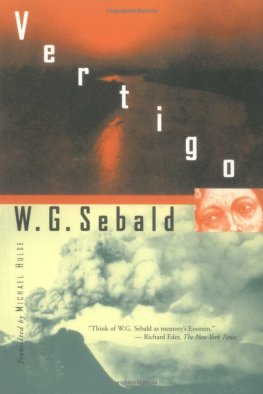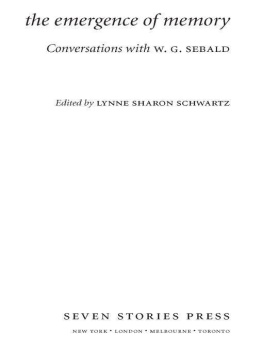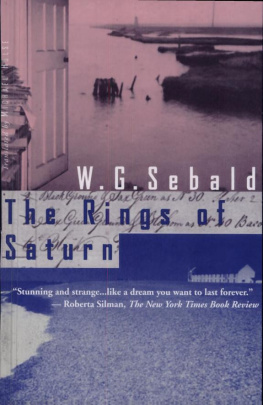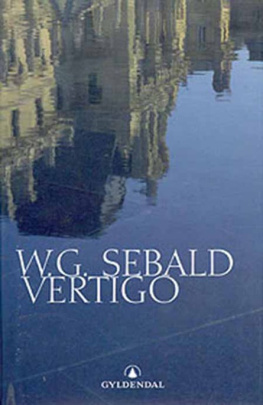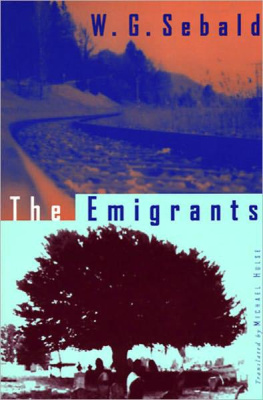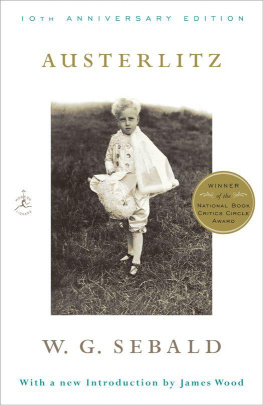
SPEAK, SILENCE

Bloomsbury Circus
Bloomsbury Publishing Plc
50 Bedford Square, London, WC1B 3DP, UK
29 Earlsfort Terrace, Dublin 2, Ireland
BLOOMSBURY, BLOOMSBURY CIRCUS and the Bloomsbury Circus logo are trademarks of Bloomsbury Publishing Plc
First published in Great Britain 2021
This electronic edition first published in 2021
Copyright Carole Angier, 2021
Carole Angier has asserted her right under the Copyright, Designs and Patents Act, 1988, to be identified as Author of this work
For legal purposes the
constitute an extension of this copyright page
All rights reserved. No part of this publication may be reproduced or transmitted in any form or by any means, electronic or mechanical, including photocopying, recording, or any information storage or retrieval system, without prior permission in writing from the publishers
Bloomsbury Publishing Plc does not have any control over, or responsibility for, any third-party websites referred to in this book. All internet addresses given in this book were correct at the time of going to press. The author and publisher regret any inconvenience caused if addresses have changed or sites have ceased to exist, but can accept no responsibility for any such changes
A catalogue record for this book is available from the British Library
ISBN: HB: 978-1-5266-3479-5; EBOOK: 978-1-5266-3478-8; EPDF: 978-1-5266-4535-7
To find out more about our authors and books visit www.bloomsbury.com and sign up for our newsletters
By the same author
Jean Rhys (Lives of Modern Women)
Jean Rhys: Life and Work
The Double Bond: Primo Levi, a Biography
Life Writing (with Sally Cline)
The Story of My Life: refugees writing in Oxford (ed.)
Lyla and Majnon: Poems of Hasan Bamyani (transl. and ed.)
See How I Land: Oxford poets and exiled writers (ed., et al.)
Writers and Artists Companions (ed., with Sally Cline)
Echoes of a Lost Voice: Encounters with Primo Levi (ed.) by Gabriella Poli and Giorgio Calcagno
Contents
Biography is always a matter of joining holes together, like a net, for reasons that W. G. Sebalds own work explores: the fallibility of memory, the death or disappearance of witnesses, the dubious role of the narrator. All these reasons must exercise any biographer. But Sebalds biographer more than most. For the holes in the net of this story are many.
The central absence is his family life, because his widow wishes to keep this private. Without her permission, his words from privately held sources, such as certain letters, cannot be quoted, only paraphrased. Even his published words, in books and interviews, can be quoted only within the limits laid down by the law.
There are other gaps as well. For instance, I shall write about Sebalds four great prose books, but less about his academic writing and his poetry. There are excellent books on both by the scholar Uwe Schtte; so far they are available only in German, but I hope one day we will have them in English.
There are gaps too about an important friendship and about Sebalds work with his last English editor, because both the friend and the editor preferred not to speak to me.his humour, his deep empathy, but it could leap out at any moment and fix him in its icy grip. When he was young it leapt out rarely, with the closest friends and relatives of his youth not at all, but as time went on it took him over more and more. So that he felt for many years the years of his writing deeply alone, and the people he loved must have felt alone as well.
Why on earth, with these limitations, did I persist? I persisted because W. G. Sebald is the most exquisite writer I know; because I accept his widows right to protect her privacy and his, but not to stop any enquiry whatsoever into the roots of his writing; because I am as stubborn as the next person. But the main reason I would not give up writing this book is a limitation of my own.
Readers of Sebald increasingly agree that it is wrong to see the Jewish and German tragedy of the Holocaust as the sole focus of his work: the darkness of his vision extends much further, to the whole of human history, to nature itself. That is true. But here is my limitation: I am the daughter of Jewish refugees from Nazism. It was the fact that Sebald was the German writer who most deeply took on the burden of German responsibility for the Holocaust that first drew me to him; and it is still one of the things that most amaze and move me about his work. He didnt want to be labelled a Holocaust writer and I dont call him one here. But though the Holocaust was far from the only tragedy he perceived, it was his tragedy, as a German, the son of a father who had fought in Hitlers army without question. It was also my tragedy, as the daughter of Viennese Jews who had barely escaped with their lives. I think it is right to see the Holocaust as central to his work. But if I make it too central, that is why.
W. G. Sebald is famous for many things apart from the sheer quality of his prose, and for identifying more powerfully with Germanys victims than any other German writer. What he is most famous for is that his books are uncategorisable. Are they fiction or non-fiction? Are they travel writing, essays, books of history or natural history, biography, autobiography, encyclopaedias of arcane facts? His first British publisher, Christopher MacLehose, was so unsure that he listed The Rings of Saturn and Vertigo under three genres: fiction, travel and history. (He would really have liked to list them under four, but three was the maximum allowed.
The second most famous thing about him is the main way he achieved this balance between fiction and non-fiction: by placing photographs and documents throughout his work. When you first open a Sebald book it looks like a biography: there are not only photographs of Edward Fitzgerald and Roger Casement, but also of Paul Bereyter and Ambros Adelwarth, and of Jacques Austerlitz on his cover. Or else it looks like autobiography, with photographs of Sebald leaning against a tree in The Rings of Saturn , or with his face struck through in a cancelled passport picture in Vertigo . And it reads like autobiography too, with the narrator following almost exactly W. G. Sebalds path through life, from birth in a south German village to living in Norfolk and teaching at an English university.
There is no problem with Fitzgerald or Casement, or as far as the photographs go with Sebald. And at first there seems no problem about Bereyter or Adelwarth or Austerlitz either. Their photographs bring us closer to them than words even Sebalds words can do. The encounter with their flesh-and-blood presence adds something immeasurable to their stories. It is as though we can look, if we can bear it, straight into their eyes.
But then we read the next story, and the next, and we begin to wonder. The stories are so doomed, so fatal, with their obsessive portrayal of suffering, mental and physical: this is beyond mere observation; it is a vision of life, or rather of death. Then you notice too how literary they are, with constant echoes of other writers; and how Vertigo is held together by a motif from Kafka, The Emigrants by the image of Nabokov.
Those two works, then, are fiction, and so are all the others. There were models for all the characters, from Dr Henry Selwyn to Austerlitz, but they were changed and combined by Sebald into fictional creations. And at this point something strange happens. Those photographs and documents that made them all so real to us what are we to make of them now? If the characters are fictions, who are the photographs of ? And suddenly they flip. Where first they created an extraordinary closeness, now they create distance; instead of feeling intensely with the people pictured, were asking, Who are you? Precisely the technique Sebald adopted to make his creations real to us now makes us more aware theyre not real than if we had simply been left to imagine them, as in a normal novel. This is a circle he cannot escape from, like several others in his life. And my book traps him in it. If you read him without questioning, and are moved that is his main aim. I remind you of the truth. That is the job of the biographer. Its why writers dont want biographers, and I know Sebald wouldnt want me. But I would say to him, Youre wrong . You always wanted people to believe your stories. But they will believe them more, not less, when they know the truth.
Next page
